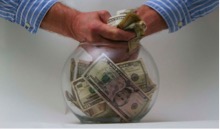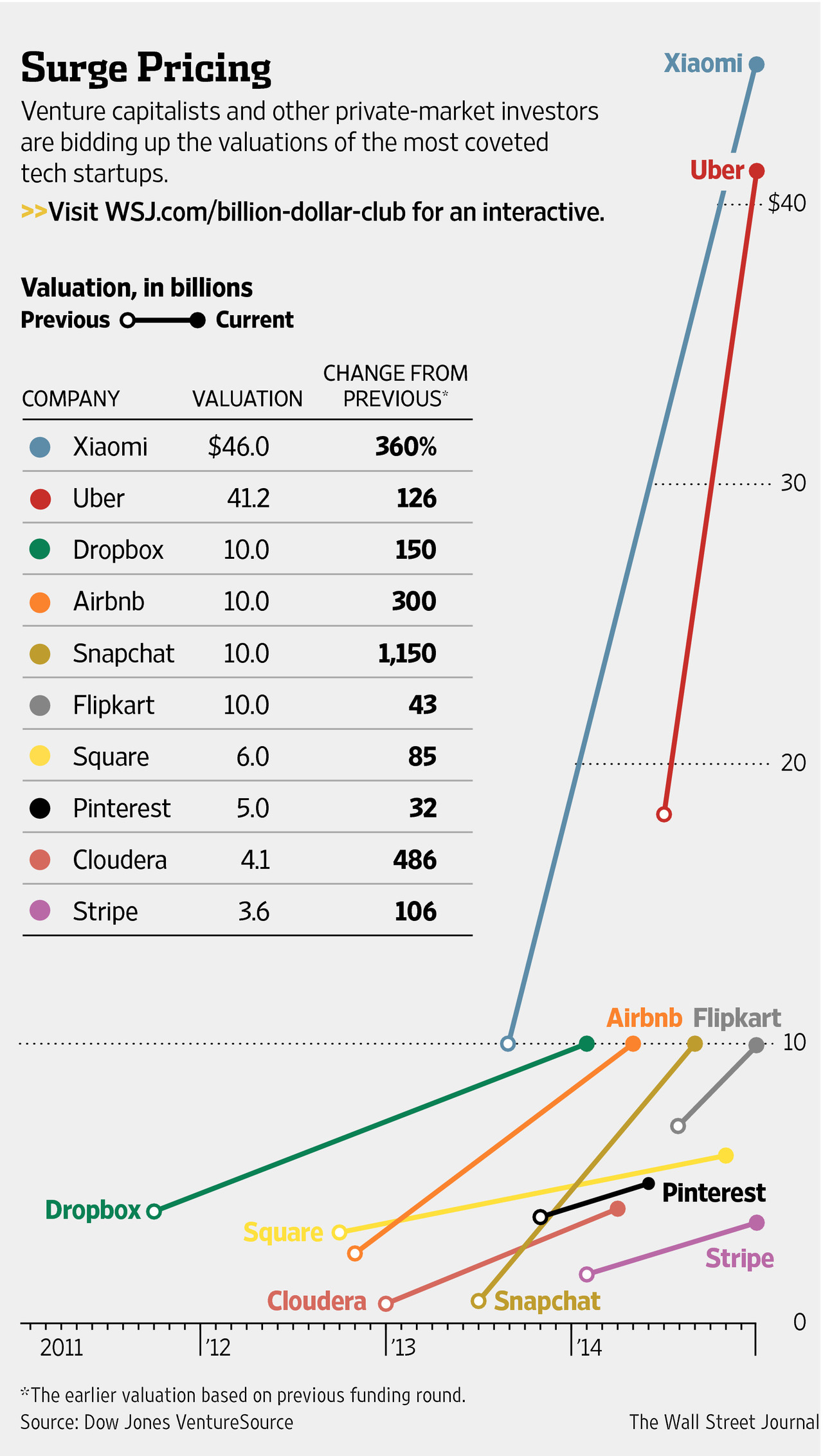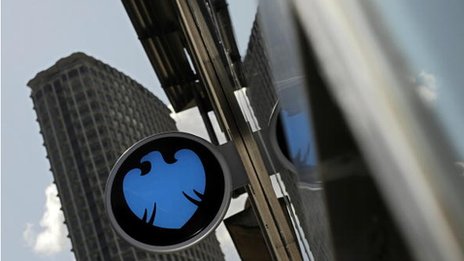
Brokerdealer.com blog update profiles the much anticipated wait for the Tadawul market to foriegn investors. The Tadawul market is the Saudi stock market that has always been closed off to foreign investors. Much speculation has led many investors to believe that Tadawul should open by April. The update is from Institutional Investors, and here is a snippet from their article:
Anticipation is growing that a long awaited opening of Tadawul, the Saudi stock market, to foreign investors will come as early as next month. Analysts believe the move will provide fresh momentum for the $500 billion market, which has risen by nearly 30 percent since mid-December. “This will be the event of the year in emerging markets,” says John Sfakianakis, a veteran economist and investment strategist in Riyadh who opened an office there in September for the London-based emerging markets specialist Ashmore Group.
Oil was trading at more than $100 a barrel in July when the government first announced its intention to open the market at some point in 2015. Since then the Tadawul has been on a roller coaster ride, hitting a peak of 11,149 in early September, then plunging more than 34 percent over the next three months as oil prices collapsed before staging a recovery. The partial rebound of oil prices since January has helped. So has the government’s ability to draw on its $750 billion in reserves, which has helped keep the economy flush.
Growth has slowed but remains positive. The International Monetary Fund projects that the economy will expand by 2.8 percent this year, down from 3.6 percent in 2014. Nonoil sectors, which account for virtually the entire stock market, should expand by 5 percent, says Bassel Khatoun, Franklin Templeton’s head of equities for the Middle East and North Africa, based in Dubai.
To read the full article from Institutional Investors on the Saudi Arabian stock market’s opening, click here.



